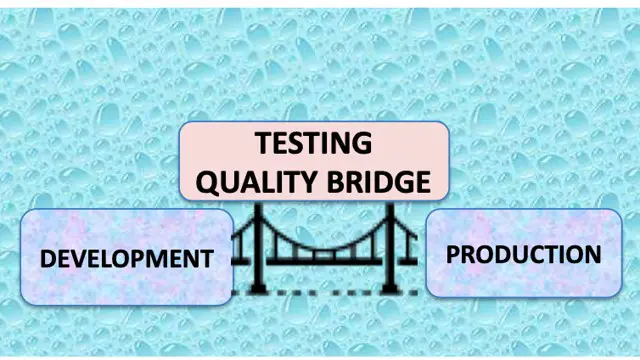
The Complete Software Testing & ISTQB Foundation Level Exam Preparation
25% off RRP – Black Friday special
York ITEST & Consulting Ltd
Summary
- REED - Free
- Reed Courses Certificate of Completion - Free
Add to basket or enquire
Overview
Why should you take software testing training?
Software testing training is valuable for the following reasons:
1- For a new career: Provides expertise to individuals looking to add software testing to their professional careers.
2- Skill and Knowledge Enhancement: Acquiring new skills and deepening understanding of testing concepts and methodologies keeps you updated with industry practices.
3- Job Performance: Learning techniques, and methodologies to identify and report defects enhances software quality and customer satisfaction.
4- Career Development: Specializing in software testing demonstrates expertise for job opportunities and career growth in software-based industries.
In summary, software testing training equips you with the skills, knowledge, and confidence to excel in the field, opening doors to new opportunities and contributing to high quality software development.
Additionally, this training is highly beneficial for preparing for The ISTQB Foundation Certificate.
By taking this course, you will gain competence in software testing processes and execution, preparing for the ISTQB test certification exam, which will validate your expertise in this field.
Curriculum
Course media
Description
Software testing training aims to provide individuals with the knowledge, skills, and techniques necessary to effectively test software applications and deliver a higher quality, reliable product to users.
During software testing training, participants acquire knowledge on various topics such as testing, different types of tests, testing techniques, test scenarios, test execution, test completion, error tracking, and more. This supports them in improving their abilities to identify software errors, enhance software quality, and ensure customer satisfaction.
Moreover, this training also presents an opportunity for preparation for the ISTQB Foundation Level exam, which holds international validity and is in demand within the industry.
Who is this course for?
Software testing and ISTQB Foundation Level certification preparation training target everyone involved in software testing. This includes individuals in roles such as test experts, test analysts, test engineers, test consultants, test managers, user acceptance testers, and software developers. Additionally, this training will be beneficial for individuals looking to add software testing to their professional careers. It is also a suitable option for anyone, such as product owners, project managers, quality managers, software development managers, business analysts, IT directors, and management consultants, who wants to have a basic understanding of software testing for the Software testing and ISTQB Foundation Level certification.
Questions and answers
Currently there are no Q&As for this course. Be the first to ask a question.
Certificates
REED
Digital certificate - Included
Reed Courses Certificate of Completion
Digital certificate - Included
Will be downloadable when all lectures have been completed.
Reviews
Currently there are no reviews for this course. Be the first to leave a review.
Legal information
This course is advertised on reed.co.uk by the Course Provider, whose terms and conditions apply. Purchases are made directly from the Course Provider, and as such, content and materials are supplied by the Course Provider directly. Reed is acting as agent and not reseller in relation to this course. Reed's only responsibility is to facilitate your payment for the course. It is your responsibility to review and agree to the Course Provider's terms and conditions and satisfy yourself as to the suitability of the course you intend to purchase. Reed will not have any responsibility for the content of the course and/or associated materials.


